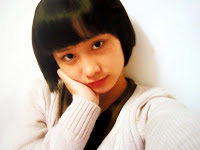Behavioral Interventions for Aspergers Clients
The diagnostic criteria for Aspergers as outlined in DSM IV TR [1] includes in “criterion A” a description of some of the qualitative impairments in social interaction. The list of characteristics includes: • Failure to develop peer relationships appropriate to developmental level • Lack of social or emotional reciprocity • Marked impairment in the use of multiple nonverbal behaviors, such as eye-to-eye gaze, facial expression, body postures, and gestures to regulate social interaction Clinical experience and autobiographies confirm that such people have considerable difficulty with the understanding and expression of nonverbal behaviors and social reciprocity. Regarding peer relationships, when we observe and assess the social play and friendship skills of kids with Aspergers, we recognize a delay in the conceptualization of friendship. The youngster may have an overall intellectual ability within the normal range, but their understanding of friendship skills resembles a
